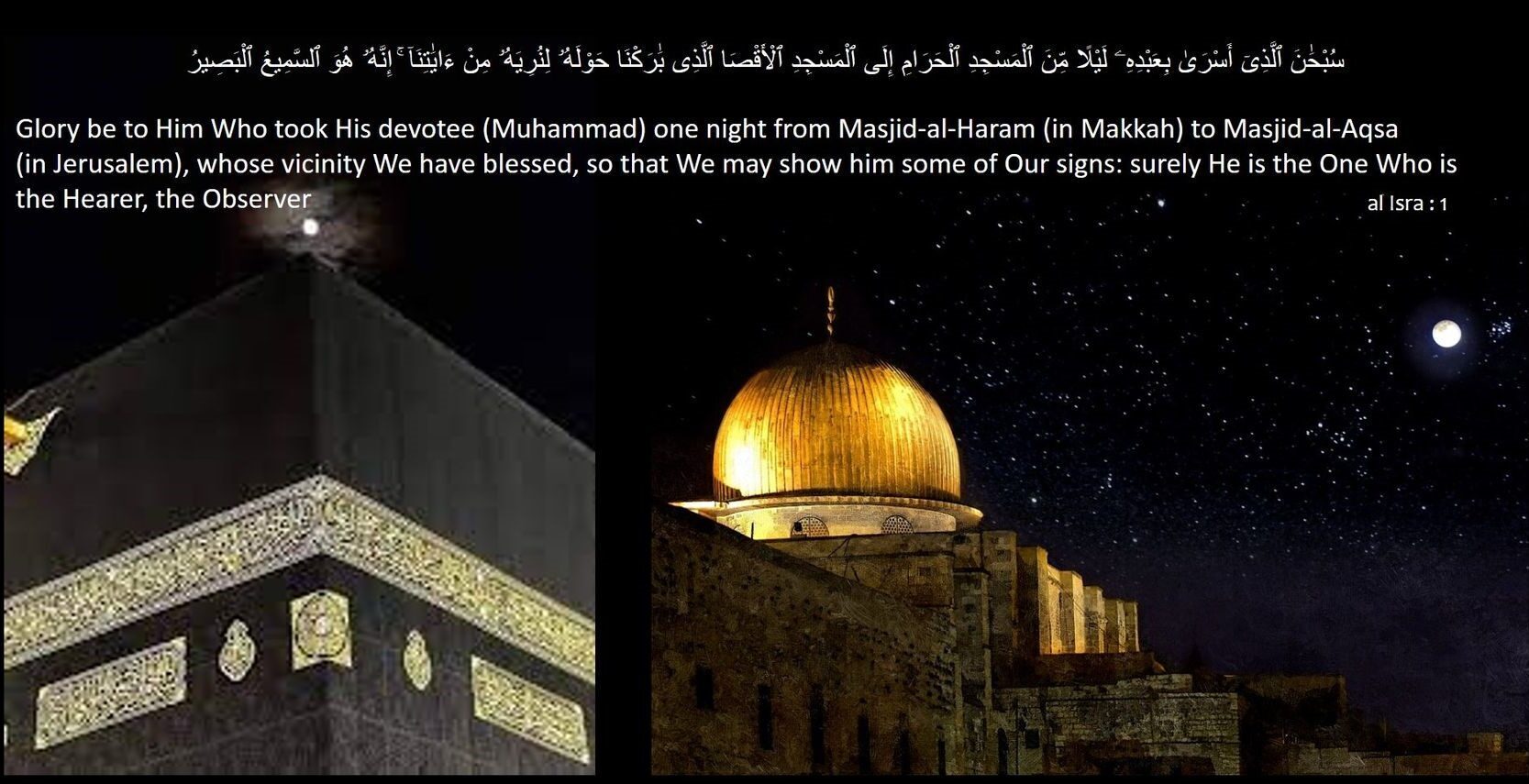In The Footsteps Of The Prophet ﷺ
A great leader guides his people, unites them, works for their welfare without taking advantage of them and cares for each individual. These are characteristics of Prophet Muhammad ﷺ. Not only did he care for the well-being of each and every member of his community, he was uncompromising in his determination to protect the integrity of his mission.
There is such a need to present the story of a very special man, the one chosen by Allah to be His Messenger, one who was at once a business leader, a political authority, a community activist, a social entrepreneur, a commander, a divine source, a family man and a humane role model.
Great leaders stand out. The Prophet ﷺ led from the front and led by example. He eschewed arrogance, exuded humility, remained truthful, and was prepared to share any hardship with his Companions, his followers, and provided both vision and dedication to achieving a task at hand. Muhammad ﷺ is the Prophet who successfully and triumphantly transformed Arabia and the world with his teachings.
A study of the life of Muhammad ﷺ highlights his extraordinary qualities as a leader and the acumen with which he deployed these attributes.

Love And Affection
One is an account of an encounter between one of his Companions and the Prophet ﷺ while he was drawing up the formations of Muslims before the battle of Badr, a key military victory for the fledgling religion:
As Prophet Muhammad ﷺ was walking up the line straightening it with an arrow in his hand, he came to Sawadi Ibn Ghaziya r.a., who was standing too far out of line.
“Stand in line, O Sawadi,” the Prophet ﷺ said, gently pricking him in the belly with his arrow.
“You have hurt me, O Messenger of God,” Sawadi cried, with a much-exaggerated cry of pain. “God has sent you to teach us about right and justice, so please allow me to retaliate.”
“Take your retaliation,” said Muhammad ﷺ with a smile, uncovering his own belly.
Sawadi kissed it and embraced him. “O Messenger of God,” he said. “You see what is before us, and I may not survive the battle, and as this is my last time with you I want my skin to touch yours.’ Muhammad ﷺ then blessed him.
With soldiers like that you tend not to lose battles.
We can capture the love and affection that Prophet Muhammad’s ﷺ Companions and followers showered on him. Not only was he a commander or a great leader, but the Prophet was etched and ratified in the hearts and minds of those following his footsteps.
Wisdom And Thoughtfulness
The Prophet ﷺ taught us to wise and thoughtful. A believer should be careful in all his affairs, so no one should be able to trick or cheat him twice. If a person deceives him once and causes harm to him once, he should be careful not to fall again in the same matter in all his affairs.
Charity
In Islam, the act of charity is ranked highly and deemed to be one of the most favourable acts in Islam. Allah (SWT) and His Prophet Mohammed ﷺ mentioned time and time again that the act of charity is great, and should be performed on a regular basis, from the smallest deeds.
Help the Needy
The Prophet ﷺ knew the severity of hardship that poverty is and its attenuating impact on people. He had great compassion for the poor, and living among them, his life and that of his family were not different from the poor and the challenges they faced. He treated the poor with mercy and kindness, and he used to give them whatever he could, although he, himself, was poor. He taught his companions to have mercy upon the poor and to share what they have even when they were themselves poor.
Tradition Of Knowledge
The traditional pedagogy of halaqah has always been instrumental in tarbiyah (education); Muslim parents have always sat in circles with their children, telling Islamic stories and discussing Islamic beliefs and values. Prophet Muhammad ﷺ established halaqah as a mode of tarbiyah.
Help The Deprived
Be inspired by Prophet Muhammad ﷺ and follow his gracious footsteps… Help the poor, the needy, the deprived, the oppressed, the refugee…
Kindness
“Every man shall have the right, within the framework of sharia, to free movement and to select his place of residence whether inside or outside his country and, if persecuted, is entitled to seek asylum in another country. The country of refuge shall ensure his protection until he reaches safety.” (Cairo Declaration on Human Rights in Islam, adopted by the countries of the OIC in 1990)